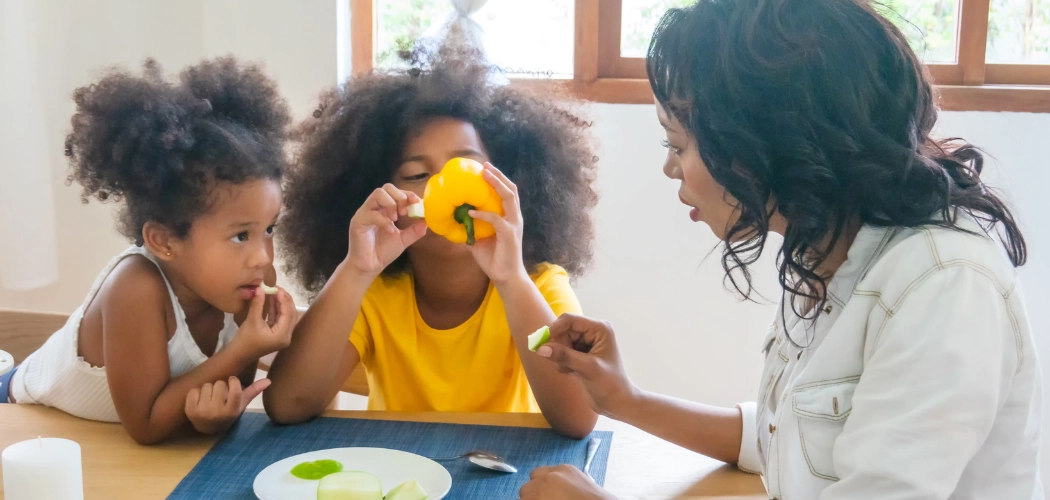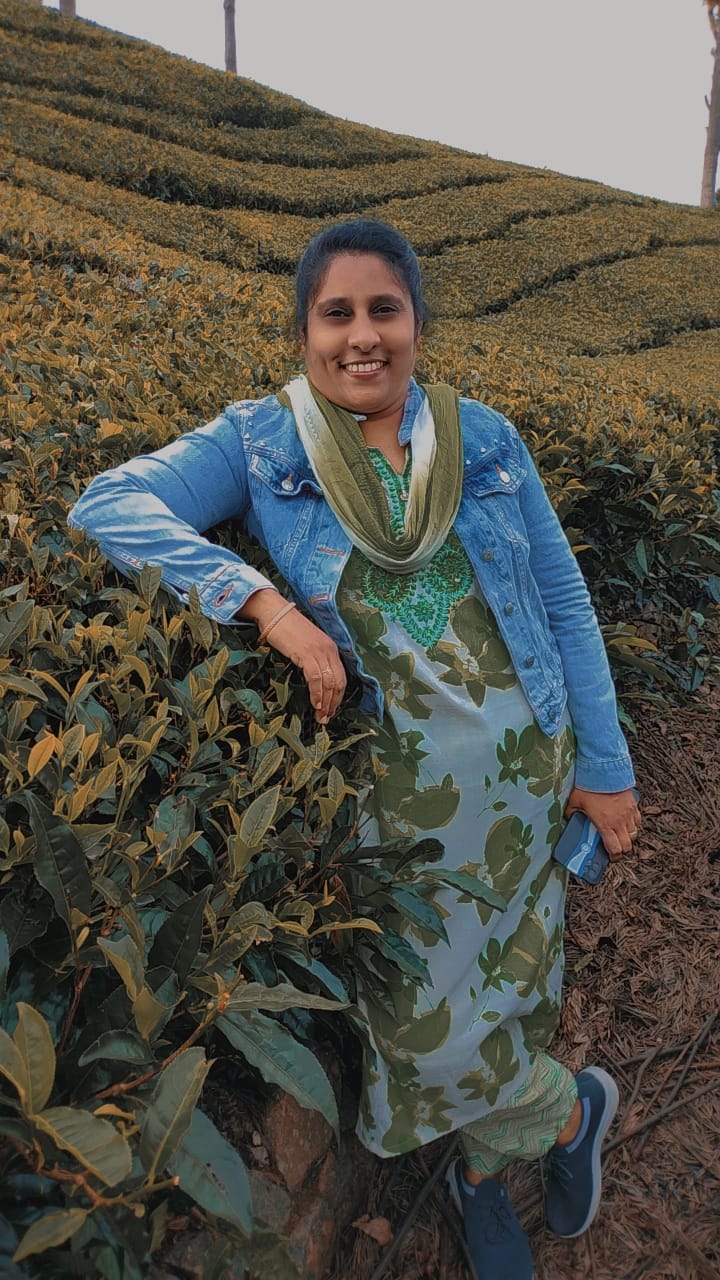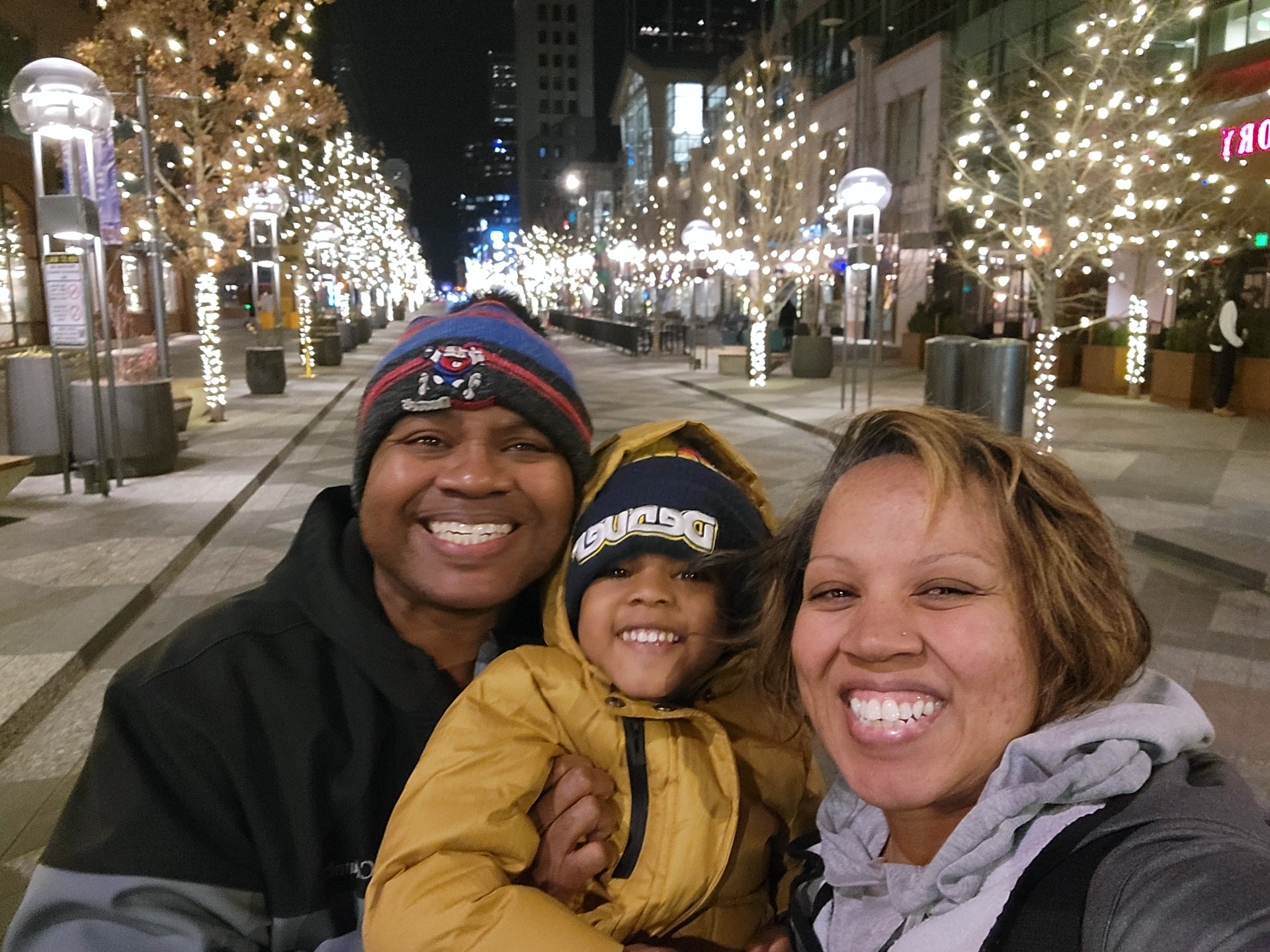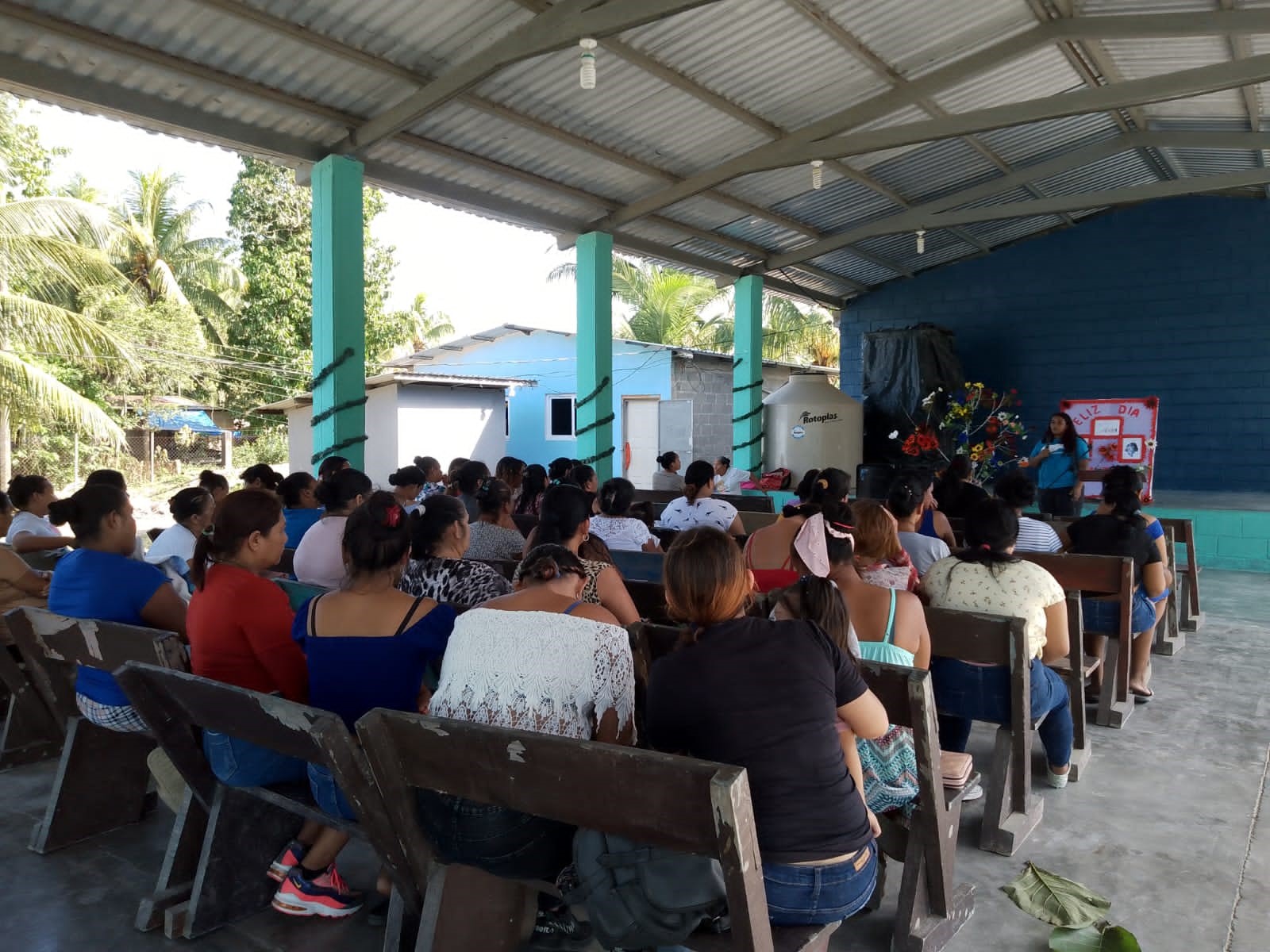For most of my life, anger terrified me. I thought it was merely the midwife to violence, the blinding catalyst for every act of assault ever committed. It was too intense, too extroverted, too direct. I strenuously avoided it, and just the subtle rise of another’s voice made me wither and withdraw. I had no issue being effusive to a fault when it came to the spectrum of human emotion, but I’d relegated anger to some wayward offshoot, hushed and shamed it, and put it under lock and key. Anger was also strangely, confusingly intimate. More than anything, though, anger was ugly. And there was nothing I was more desperate not to be.
And then I had my first child, and there it was – anger rose from some deep, dark place of my psyche where it had simmered for years. My expectations about childbirth were obliterated by a traumatic experience. With my husband back at work, I felt completely alone with a baby who was utterly inconsolable unless he was latched onto my breast. I remember a day where I laid him in his crib and went to other room to howl and rage like I never had in my life – my tearful, red-faced tantrum echoing his. Looking back, I can see how my lack of community at the time allowed postpartum depression to bloom hideously until it threatened to bleed to the edges of psychosis. But my first disorienting encounters with anger – real, visceral, gut-churning anger – also showed me how dangerous it is to suppress and deny.
Anger is profoundly human, and our world hardly lacks for things to evoke it. Lamentation is also profoundly human, and necessary, even, as is the desire for justice. Injustice, brokenness and cruelty abound in our fractured world – to the point where it is easy to see how anger can become a lifestyle, outrage a default reaction. But this is where our anger putrefies and begins to poison us. When anger is tightly grasped and infected with a sense of righteousness, it turns into a monster.
Once we feel justified in our anger and vengefulness, we coddle it and lovingly nurture it to maturity and beyond, at which point it’s grown into the kind of monstrosity capable of unthinkable things.
There is, of course, another kind of anger than that which balks at injustice – the garden variety anger born from irritation and frustration, the kind which our kids tease out of us, often daily. Motherhood is a constant exercise in surrendering our expectations. I feel it most acutely in my expectations of what constitutes productivity or accomplishment. My idea of what an accomplished day with a 6- and 4-year-old looks like is regularly shifted, amended and sometimes downright destroyed, and it can be seethingly frustrating. I’ve had to surrender my expectation of who I’d be as a mother – I expected to be unfailingly loving, infinitely patient, possessed with an ethereal grace and supernatural ability to entertain and teach children, à la Maria in “The Sound of Music” (nevermind that I can’t sing). Turns out I’m more like a less patient and more often an exasperated Marge Simpson.
I get angry and I yell at my kids sometimes. The idea of a mother as the paradigm of tranquility behind the gauzy impressionistic screen of a Mary Cassatt painting simply isn’t reality, and moreover diminishes our humanness by plucking out and idealizing a single element of it. Certainly, with our children we have those gentle moments, sacred and suspended in space and time. I pray you have them often enough to offset the frustration of yet another spill, another mess, another request when you’ve just sat down. But please don’t flagellate yourself for expressing anger. I’ve certainly expressed anger inappropriately to my children before, and needed to apologize to them and work to mend the wound I created.
I thought motherhood would be different. I thought it would be quieter, for one. I thought I would still have time to do things like read and draw and go to the bathroom alone (or at least without being asked every 20 seconds how much longer I was going to be). I was very wrong. But what I actually encountered was something richer and deeper and – especially in the case of motherhood – more transformational and beautiful and sacred than my stunted imagination could have produced.
I’ve learned this about anger: Anger can be holy and anger is human.
It’s a facet of our experience, our emotional make-up, that can’t be denied or domesticated to make it more palatable. When we grasp it, feed it, exalt it and praise its excessive demonstration in our leaders, we disfigure ourselves and pave the way to atrocity. But if we can know our anger and honestly express it, we can be supernaturally infused with hope that reconciliation is possible and things will, in time, be right.
Ashley Lande is a mama to Israel (6) and Arrow (4), as well as one big dog, one little dog and a flock of six hens. Her husband, Steven, spends his days on top of wind turbines. She feels most safe in a library and is an astoundingly good dancer. She hopes to get around to starting a blog soon but in the meantime, you can view some of her artwork at ashleylande.com.
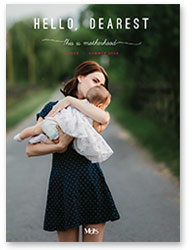
This article originally appeared in the Summer 2016 issue of Hello, Dearest. If you didn’t get a copy and would like your own, you can subscribe to get Hello, Dearest in your mailbox every season. If you subscribe, forward your receipt to magazines@mops.org and we’ll shoot a copy of the current issue in the mail to you for free … just because we like you.

